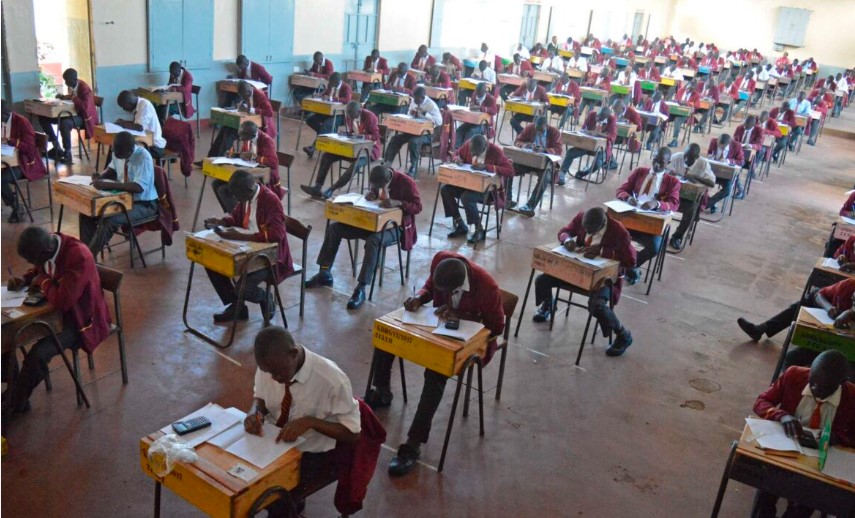When a school’s boundary becomes the subject of a court dispute, the head of the institution carries a significant responsibility to ensure that the school’s interests are protected, legal obligations are met, and all actions are carried out professionally. The process begins the moment the court summons is received. The principal should read the notice carefully, noting the date, time, and location of the hearing, as well as the nature of the dispute and the specific role expected of them. Immediate verification of the summons is important to confirm that it is official and valid.
The next step is thorough preparation of all relevant documentation. The principal should gather official land documents, such as the title deed, survey maps, boundary plans, previous correspondence with neighbours or government authorities, and any records of development or maintenance carried out on the property. Properly organised documents serve as strong evidence in court, demonstrating the school’s commitment to transparency and legality. Keeping copies of all records ensures that no important information is lost or overlooked.
It is also essential to inform the school’s governing board or management committee about the matter. This ensures transparency and allows the board to provide guidance, authorise actions, or support the legal strategy. Keeping the governing body informed also maintains trust within the school community, showing that the administration handles disputes responsibly and in the school’s best interest.
Legal counsel must be sought without delay. An experienced lawyer can guide the head on how to present evidence, respond appropriately to court questions, and clarify any legal responsibilities regarding the property. The lawyer can also advise whether the head’s personal attendance is necessary or whether the institution can be represented solely by legal counsel. Preparation with legal guidance involves anticipating potential questions, thoroughly reviewing documents, and understanding the possible outcomes of the case.
READ ALSO:
Throughout the process, the principal must exercise discretion in communication. Public statements, discussions with neighbours, or comments on social media can inadvertently affect the case and must be avoided. All communications about the dispute should be coordinated through legal counsel or the school’s authorised representatives to ensure accuracy and consistency.
On the day of the hearing, the principal should arrive early, dress formally, and conduct themselves with calmness, professionalism, and respect for the court. During proceedings, all statements should be factual, precise, and supported by documents. Answers to questions should be concise and truthful, avoiding personal opinions or speculation. Demonstrating composure and credibility in court reflects positively on the school and strengthens its position.
After the court hearing, it is the head’s responsibility to implement any directives or orders issued by the court. This may involve adjusting boundary markers, conducting official surveys, or coordinating with government agencies to ensure compliance with legal requirements. The principal should report back to the governing board, detailing the court’s decision, steps taken, and any further actions required. Documentation of these follow-up actions ensures accountability and provides a clear record of compliance.
In addition to these steps, principals can adopt some practical dos and don’ts:
Dos:
Maintain accurate records of all land documents and communications.
Keep the governing board informed throughout the process.
sult legal counsel early and follow their guidance closely.
Present facts clearly and professionally in court.
Follow all court orders promptly and document compliance.
Don’ts:
Avoid making public statements or discussing the dispute with outsiders.
Do not provide speculative answers or personal opinions in court.
Avoid delaying preparation or ignoring summonses, as this can have legal consequences.
By carefully following these steps, the head of the institution not only safeguards the school’s interests but also demonstrates accountability, professionalism, and integrity. A boundary dispute, while sometimes seeming minor, can have long-term implications for the institution, making thorough preparation and responsible representation in court essential.
By Hillary Muhalya
You can also follow our social media pages on Twitter: Education News KE and Facebook: Education News Newspaper for timely updates.
>>> Click here to stay up-to-date with trending regional stories
>>> Click here to read more informed opinions on the country’s education landscape
>>> Click here to stay ahead with the latest national news.






